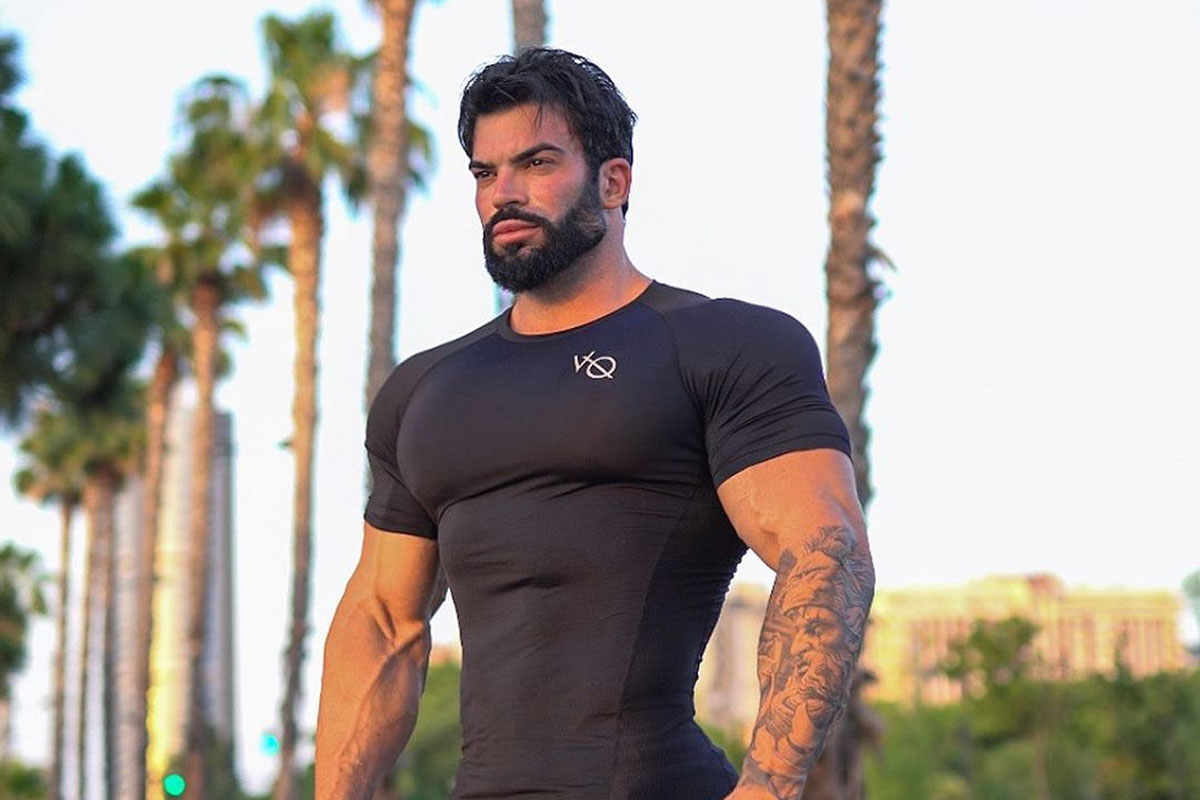With all the crazy stuff going on in the world right now, you could be forgiven for not sticking to your workout routine – there’s much bigger fish to fry.
Social distancing and lockdown have made it harder for the health-conscious to maintain our gains, with gyms and personal trainers only just starting to resume normal business here in Australia. That’s to say nothing of the added stresses of working from home, looking for work or studying during this pandemic; the anxiety and mental toll of lockdown; or the economic belt-tightening that has made working out a challenge.
A common complaint people have made is about feeling guilty about letting their fitness slide during These Unprecedented Times. But maybe we shouldn’t stress so much, as this Irish fitness expert sets the record straight on the science behind muscle loss and detraining.
Peter O’Reilly, an Irish personal trainer and mobility coach with a substantial social media following, shared some sage advice about detraining on his Instagram last week, which should be a cause for relief (and maybe even some inspiration) for any budding bodybuilder.
View this post on Instagram
“The average time before muscle loss occurs is 2-3 weeks,” O’Reilly explains.
“Strength can be maintained for up to 4 weeks before it starts to decline. This is if you’re someone who is trained. If you were only training for a little bit and are now taking time off, you won’t have the same turnaround.”
The science behind retraining is fascinating, O’Reilly relates.
“Your muscle fibers get bigger from training and subsequently gain more nuclei. Once you stop training, your nuclei don’t decrease that quickly… the nuclei help resist muscle loss. This is what we call “muscle memory”. Once it’s been about 2-3 weeks you can retrain and make your gains back fairly quickly in comparison to someone who has no training history [because] you won’t need to go through the process of forming new nuclei.”
⠀
In short, if you’re already in good shape and following a decent exercise regime, it shouldn’t be too much of an issue to rebuild any muscle you lose. And besides, you only start losing muscle in a serious way after 3 weeks of not training.
As O’Reilly suggests, “many of us are unable to get to the gym [so] it may not be such bad idea to take this time to give your body a rest.”
This isn’t an excuse to slack off completely, however. We still need to make sure we’re eating well and following other good habits e.g. good sleep hygiene, staying off the sesh, practicing mindfulness… Any really fit person will tell you that building a good physique is a holistic process: it’s not just about training.
“The best way to also help [prevent] muscle loss is to keep up with your protein intake,” O’Reilly shares. And that’s a cinch – check out our guide to protein-rich foods here.
Once things approach something that more closely resembles ‘normal‘, get back into the swing of things, and fingers crossed you’ll be back on track to being swole in no time.
